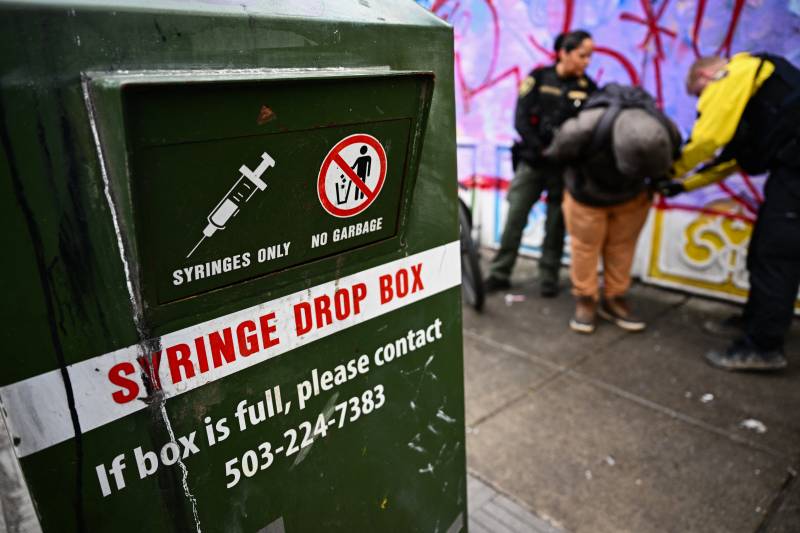In 2020, Oregon voters passed a first-in-the-nation law to decriminalize the possession of small amounts of drugs, including heroin and fentanyl. The idea behind Measure 110 was that the criminal justice system was not the place to steer people away from drugs and deal with a user’s addiction. But now, Measure 110 is widely blamed for the spike in overdose deaths in Oregon and a worsening homeless crisis. Earlier this month, the legislature sent a bill to the governor to recriminalize drug possession.
Scott is joined by Oregon Public Broadcasting reporter Conrad Wilson to talk about Oregon’s U-turn on decriminalizing drugs and what it might say about California’s efforts to fight fentanyl use and overdose deaths.

